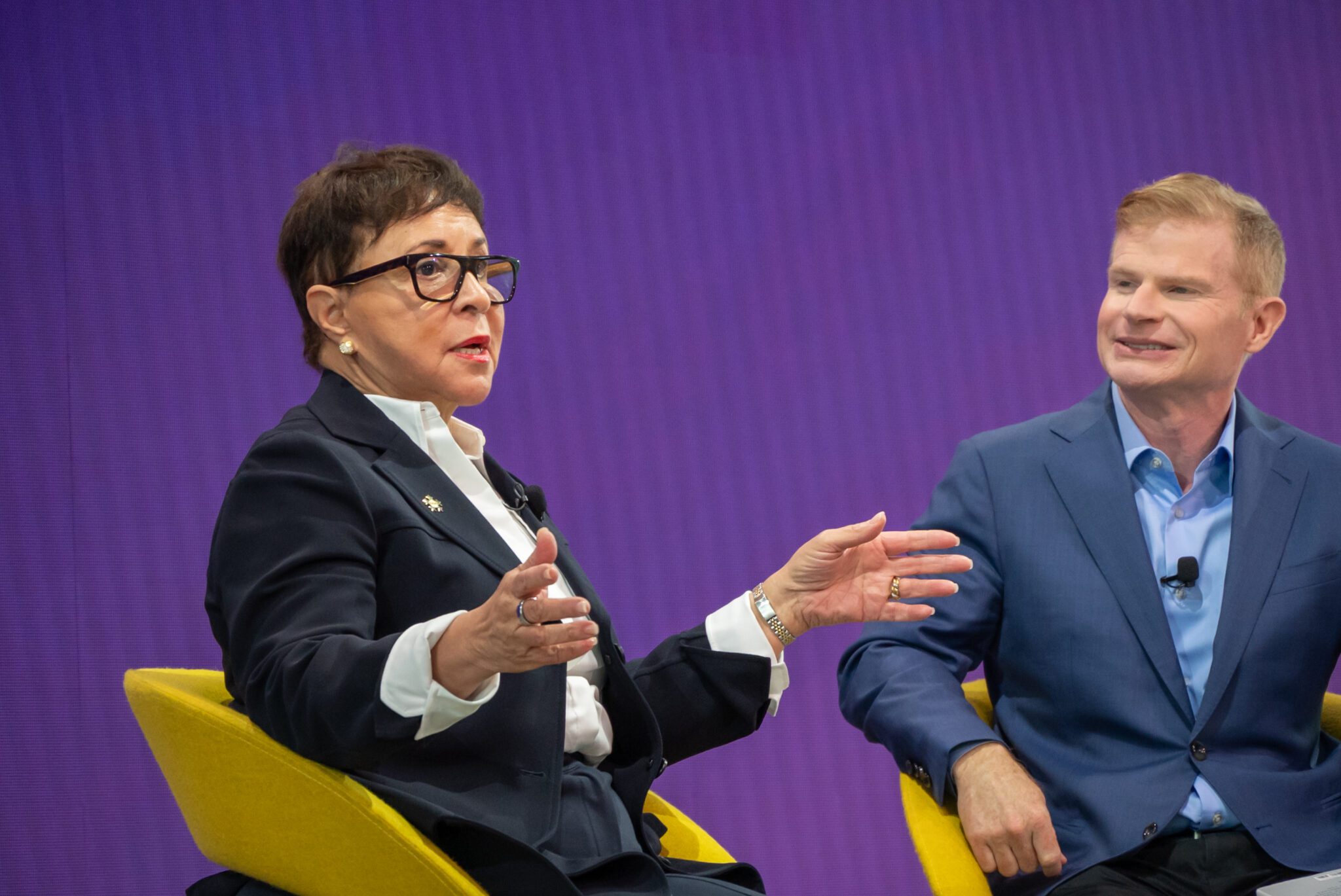How Sheila Johnson Shifted From Media Mogul To Hotel Tycoon – Full Video

Skift Take
From media to hospitality, billionaire Sheila Johnson "took the bull by the horns" when she decided to create her own hotel group. The BET co-founder launched Salamander Collection in 2013, and a decade on, has seven luxury hotels.
Speaking at the Skift Global Forum 2023, Johnson looked back on her journey to creating Salamander. She strives for "unstuffy luxury" and hires a truly diverse, empowered workforce.
(You can watch the full video and read the transcript below.)
Johnson also spoke about how women in hospitality can excel and progress; her company's potential growth plans outside the U.S.; and where she sees the hospitality industry going.
https://youtu.be/DV1bHn527ug Interview TranscriptSean O'Neill: Well, it's a professional highlight for me to introduce our next guest. Sheila Johnson became the world's first Black billionaire in 2001 when she… Let's have a round of applause. When she sold Black Entertainment Television to Viacom. And since then she's had a very varied career getting into a bunch of different businesses. And she's talked about that in her personal dramas in a new book that just came out last week called Walk Through Fire. We'll have some free copies of the book after the event over on the stand there. And so we're going to talk a little bit about the book.
We're going to specifically focus on her hospitality journey during this conversation because Sheila is the founder of Salamander Collection, which is the largest Black-owned luxury hotel brand in the Americas and possibly soon in the world. So Sheila, we're very honored to have you here. Thank you.
Sheila Johnson: Well, thank you very much. This is quite an audience. This has just been amazing. Last night I was at the Library of Congress promoting the book and speaking with Carla Hayden there. It was just… Now look at…
O'Neill: Yeah, look at this, it's big time in New York. So it feels to me that with Salamander Collection, which is a collection of seven luxury properties, it's seven now, right?
Johnson: Yes.
O'Neill: The first one opened in 2013.
Johnson: Yes.
Sean O'Neill: But it does feel like a bit of an overnight success that's been more than a decade in the making. Because this year, Travel & Leisure readers picked it as one of the dozen favorite brands in the whole world. Recently, USA Today readers named it as their favorite luxury brand.

